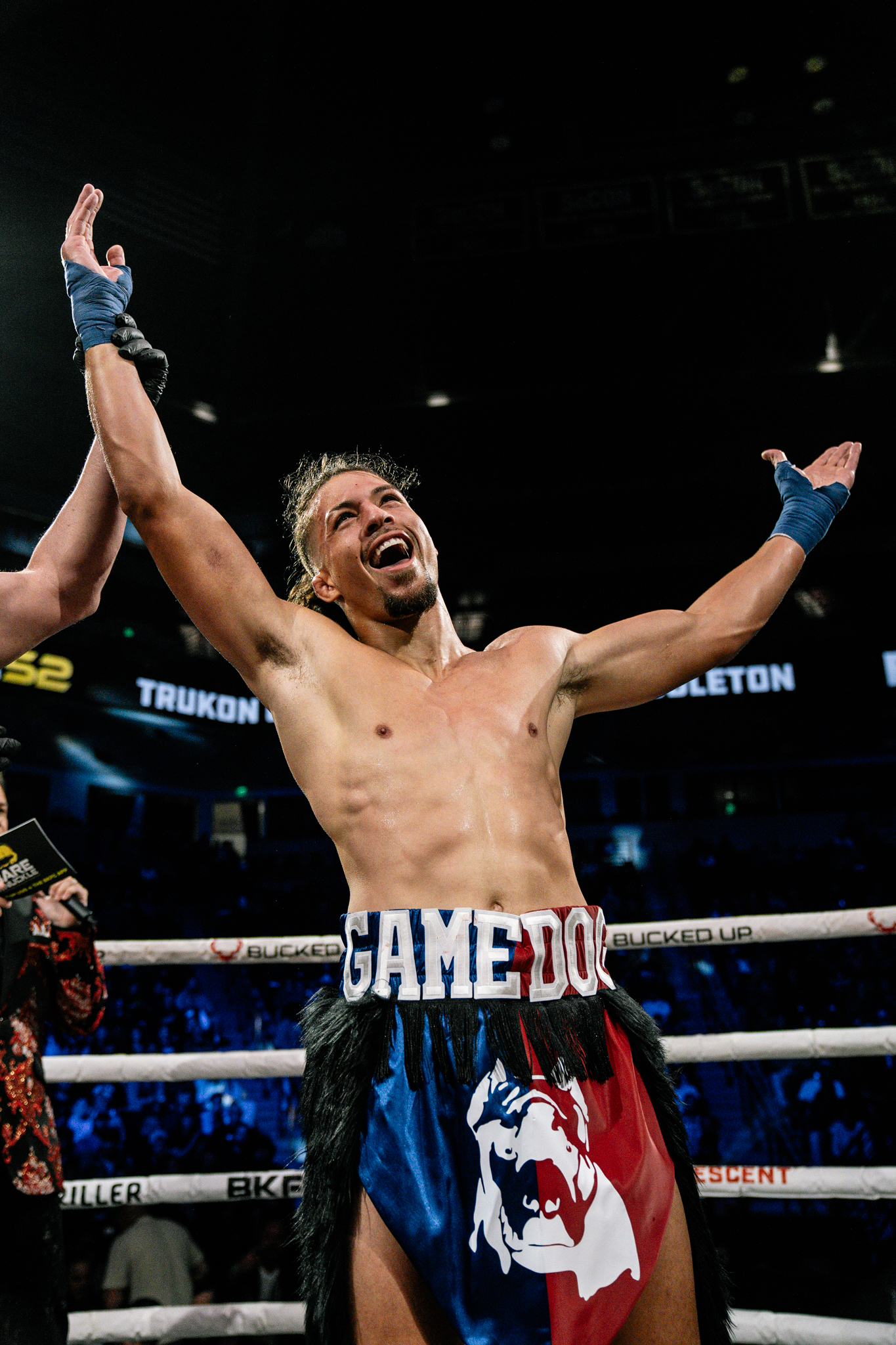Introduction
Navigating the challenges of college life demands more than just academic prowess; it requires resilience, focus, and a robust support network. Interestingly, students who engage in combat sports tend to develop these attributes naturally. Practices such as martial arts, boxing, and wrestling are not only physical outlets but also classrooms for life skills. This article explores how the discipline of combat sports equips student-athletes for success, both in their academic pursuits and in life.
Cultivating Discipline and Resilience
Rigorous Training for Mental Fortitude
Combat sports emphasize exhaustive training regimens that test an athlete’s boundaries. Such relentless dedication fosters unparalleled discipline and mental toughness, crucial assets in an academic environment. Within these settings, students are taught the importance of minimizing distractions, structuring their responsibilities, and staying true to their objectives, even when faced with daunting challenges. Sometimes you need to complete your college tasks fast and an example of a process analysis essay at StudyMoose can help you with your writing tasks so you can focus again on your training and discipline.
Building Resilience in the Face of Adversity
The physical demands of combat sports are intense, and participants quickly learn that pain and setbacks are part of the journey. This exposure to adversity builds resilience, teaching student-athletes to view challenges as opportunities for growth rather than insurmountable obstacles. In their academic pursuits, this resilience manifests as a determination to overcome difficulties, whether it’s grappling with complex material or managing tight deadlines. Strategies for building resilience can be further explored through resources provided by the American Psychological Association.
Sharpening Focus and Strategic Thinking
Enhanced Concentration and Awareness
In the heat of competition, combat athletes must remain acutely aware of their surroundings and their opponent’s movements. This level of concentration enhances their ability to process information quickly and make strategic decisions on the fly, a skill that is directly transferable to academic settings. Students learn to focus intently on their work, navigate distractions, and employ strategic thinking in problem-solving.
Developing a Tactical Mindset
Combat sports are as much about mental strategy as they are about physical prowess. Athletes learn to anticipate their opponent’s moves, recognize patterns, and adapt their tactics accordingly. This tactical mindset is beneficial in an academic context, where students are required to think critically, analyze information from different angles, and develop well-thought-out arguments.
Building a Supportive Community
The Role of Mentorship
The guidance of experienced coaches is a cornerstone of success in combat sports. These mentors provide direction, support, and valuable insights that help athletes navigate challenges and reach their full potential. Similarly, in college, building relationships with professors and academic advisors provides students with a network of support, enhancing their educational experience and contributing to their success. The NCAA’s student-athlete health and wellness study offers extensive research on this topic. It provides a comprehensive understanding of the support systems’ impact on student-athletes, including their health and wellness.
Fostering Team Spirit and Collaboration
While combat sports are often individual pursuits, they are practiced within a community of athletes, coaches, and supporters. This environment fosters a sense of belonging and teaches the importance of mutual support. For students, these lessons in teamwork and collaboration are invaluable, especially when engaged in group projects or collaborative research initiatives. Insights on effective time management for college students engaged in sports are crucial for balancing these commitments.
Leveraging Combat Sports for Academic Success
Applying Lessons from the Mat to the Classroom
The skills developed through combat sports are directly applicable to academic pursuits. The discipline, focus, and resilience fostered on the mat or in the ring empower students to tackle their studies with determination and grit. They learn to approach challenges with a strategic mindset, remain resilient in the face of setbacks, and draw strength from their supportive community.
Adopting a Comprehensive Approach to Learning
Participation in combat sports cultivates a comprehensive approach to personal growth, underscoring the significance of mental, emotional, and physical health. This integrative perspective is essential for students, aiding them in managing the complexities of college life while sustaining a balanced lifestyle between academics and personal life.
Conclusion
Combat sports serve as more than a mere outlet for physical energy; they act as a crucible for life’s various challenges. The qualities of discipline, focus, resilience, and community spirit that students develop in these activities prove to be invaluable in their academic endeavors. Embracing the lessons derived from combat sports equips students with the necessary tools to proficiently handle the intricacies of college life, reach their educational objectives, and flourish in broader societal contexts.

